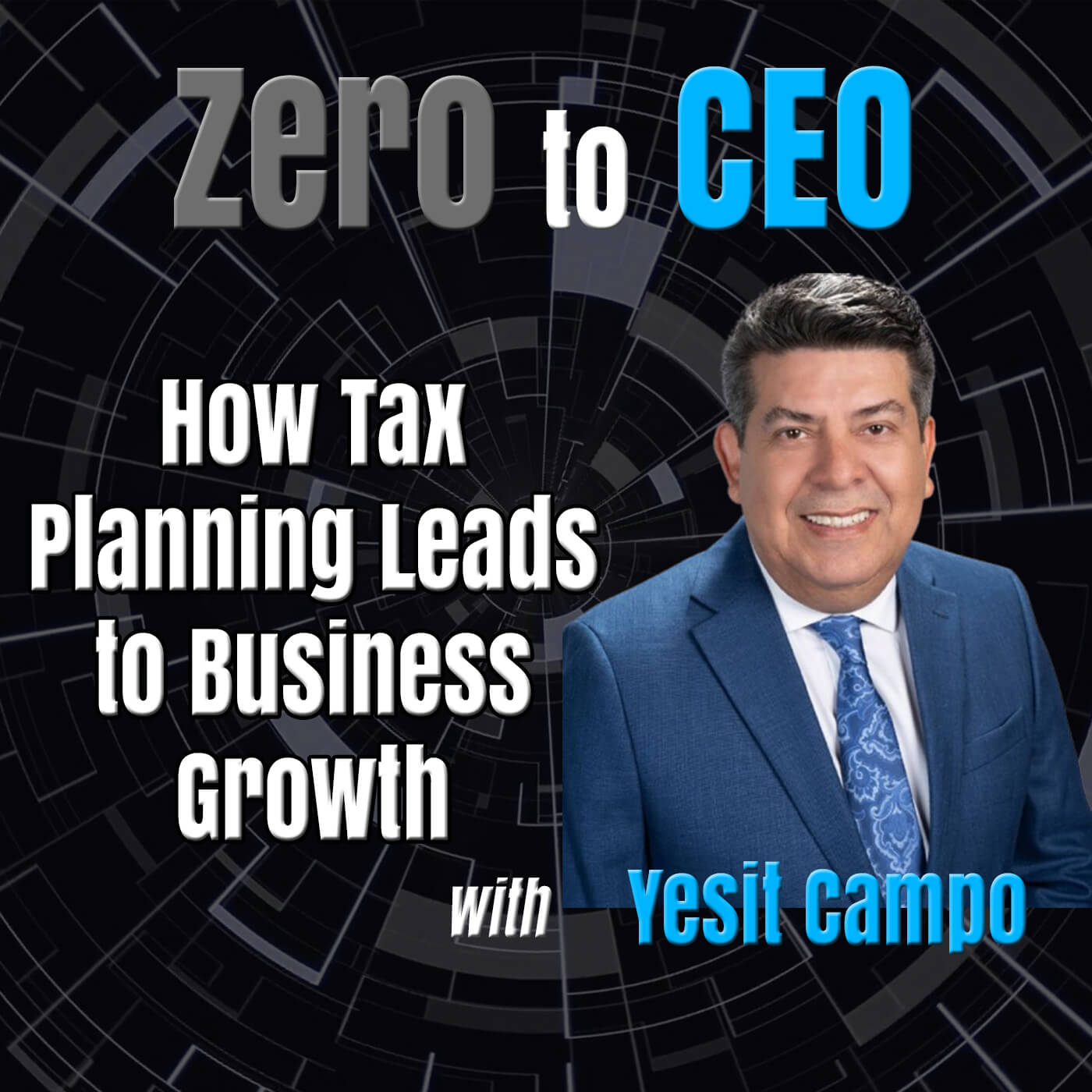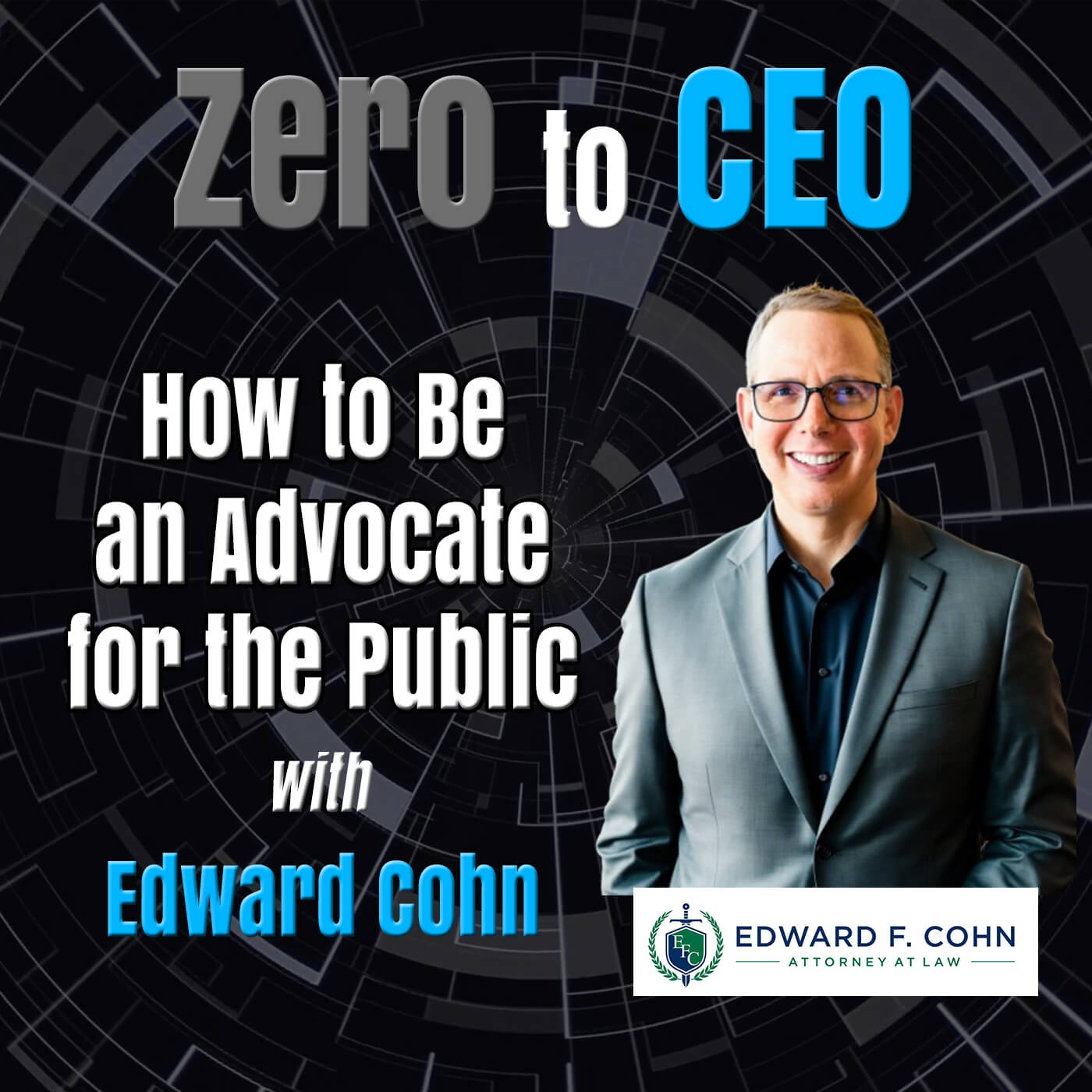Why raising money for your startup is a waste of time
In this episode I give you a couple of reasons why you shouldn’t focus on raising money for your business. Fundraising is a full time job and often ends in disappointment. As a business owner you should be focusing on more important things. I go over those things in this episode.
If you enjoyed this episode please subscribe and share this podcast, and if you’d like to further support this small business, feel free to donate via PayPal. Your support is appreciated!
Feel free to watch the video here:
Here’s the transcript from this podcast episode, please excuse any typos!
In today’s episode I’m going to talk about why raising money for your tech startup or your business is a waste of time. Now unless you live in California or New York or some other big city where investors FOMO into companies they have fear of missing out so they throw all bunch of money, let’s say at the wall, and hopefully it sticks somewhere, and if it does, and he wins. Well, all the money they spent it paid off. Because usually they spend, you know, 250,000, to 5 million or more on a startup, hoping that it’s going to become a unicorn. You do it over and over and over again until one of them hits but that doesn’t normally happen especially not anymore after so many companies have gone belly up, and they’ve lost all their money. Investors are starting to realize and they’ve been realizing this for years now, that they shouldn’t be just throwing money at the wall anymore. And when it comes to raising money. Most entrepreneurs don’t know exactly what it entails Besides, seeing the show Silicon Valley where you would see all the companies on the stage at TechCrunch Disrupt doing their pitch and at the end they would say, and make the world a better place. And that’s just not the way that it works, typically you’re in a room with a bunch of investors or one investor, your PowerPoint is on the screen and you do your pitch, you have maybe 10 minutes or so to try to convince them to write you a check. But what goes into that PowerPoint.
There’s actually a formula that you have to follow to write this PowerPoint speech and do the imagery, if you do the graphics, maybe sometimes videos, and you want to have data and all this stuff, basically creating a PowerPoint takes a lot of time, because it has to be not only right but it has to be enticing and compelling to the investors to make the one invest in your business. Of course you have to practice PowerPoint. You have to send it to feed for feedback to mentors entrepreneurs friends and family anybody who will give you feedback, you got to do that and then you have to iterate and change it based on that feedback, and that whole process of creating the PowerPoint getting the feedback and changing it practicing it, you know, that’s a lot of time that you could have spent building your platform or trying to acquire more users or earning revenue through monetization or any other thing, right, that makes sense that helps you gain value in your business. Now the PowerPoint is only part of what’s called a pitch deck. The pitch deck is a whole range of documents that you have to send investors.
This might include an executive summary financial projections from like three to five years in the future, a plan of action, what you plan on doing with the money, you’re going to be getting from them, whether it’s an operational plan for expenses or an actual plan of actually here’s what we’re going to be allocating funds to in terms of programming, marketing, business development and things like that, Phil Of course when it create a pretty extensive list of biographies of the people on your team, whether they’re co founders, or, you know, employees, as well as descriptions of jobs that you’ll want to fill. If you get funding from them. Now, this is only the first part, because after you give them your pitch deck here investor deck, if they’re even interested and they want to talk to you, man. Then you’re in for something. It’s called due diligence. Due diligence is when the investors want to ask you, not only a million questions, but they want to meet with each of your co-founders, one by one, and they want to really investigate your company. And this can take anywhere between one month, six months, sometimes longer. And you might not even get an investment out of this. After due diligence they might actually pass on your business and normally they do. It’s not often that you actually raise money, it’s very rare. So when you see in the news that ABC Company raises money and XYZ company raises money. That’s like one out of 1000 or even one out of 10,000 that raise money normally they don’t raise money. Now here’s the thing. All of this documentation you prepared all of this pitch deck and PowerPoints and meetings, writing emails to investors calling their assistants to make meetings, researching all of their websites to make sure there’s a right fit for your company, possibly flying out or driving to other cities for these meetings. All of that was just a huge waste of time if you do not get funding. And we’re talking six months to a year of fundraising on a non stop basis as the CEO of the company.
You could have been optimizing your platform, you could have been acquiring customers, you could have been marketing your products. You could have been iterating with feedback from your users, you can be doing all these things to make sure that your platform and your product have the best user experience. Instead you were fiddling around with PowerPoints and pitch decks. And you didn’t even get funding. And here’s the issue with that, because I’ve been in this situation before when I was raising funding for my startups. After doing all of this work, and all the due diligence, your team, your co-founders, everyone as a part of your business or your platform or your startup. Everyone is counting on you to raise that money because they’ve been working for free or equity percentage of your company stock options, they haven’t been earning an income from you and they still have to pay their bills. So they might be doing side work they might not be, they might be taking a break from work in order to focus on the startup. So they’re really counting on you to raise that money whether it’s $500,000 or more or less. Because as soon as you raise that money they know that they get a paycheck.
Finally, there’s money for a marketing budget and there’s money for all sorts of things. So, when you don’t raise that money after all that time they were waiting. Of course they were building a product and marketing it, but they were also waiting for a paycheck and then it didn’t come in. It’s going to be a huge wave of disappointment. It’s going to upset the co-founders and employees they’re going to maybe even resent that they worked for the platform or the company for that long. And now you’re left with sad faces of disappointment. And then, usually more often than not, people start to leave. They have to get jobs, they have to pay the bills. They can’t keep working for the product for the platform anymore. So I always say, the smarter move. Instead of focusing on all that is to focus on building a phenomenal product that people love, a user experience that people only dreamed up when they want to use an app, that’s the kind of app they want to use the right UX user interface for everything. And then of course, mitigate the risk for the investors meeting. Make sure your app has traction, make sure every month, month over month you have data analytics graphs that show that your app, or your product is growing month over month, 20% or more people keep coming back for more every month that your train rate is low. And that you have some sort of monetization you’re earning revenue, you’re making money on the app because then they’ll see Oh, we’re not giving you money to figure this out we’re not giving you money to, to build anything we’re not giving you money to find out what marketing strategy works, you’ve done all that you’re taking our money to simply scale to get bigger. It’s fuel for the fire. Those are the kinds of businesses investors want to invest in. So if you focus on that. And you organically grow the business and you do all the right things, step by step, then it’ll be a no brainer for any investor, and you’ll find yourself with a check in hand. So that’s my advice to you. Hopefully it’s insightful. Hopefully you’re building a product that has great user experience traction and revenue. And you have investors coming to you in no time.
![]()






